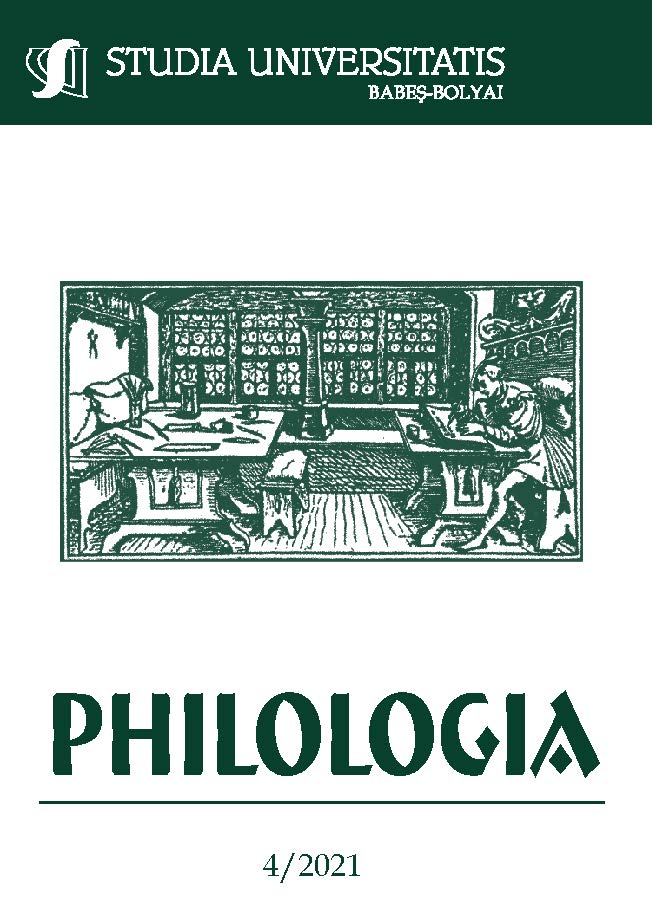A Relational Approach to Lexical Borrowings in the Discourse of Romanian Bilingual Immigrants in Spain
A Relational Approach to Lexical Borrowings in the Discourse of Romanian Bilingual Immigrants in Spain
Author(s): Paul BuzilăSubject(s): Language and Literature Studies, Applied Linguistics, Cognitive linguistics
Published by: Studia Universitatis Babes-Bolyai
Keywords: Relational Network Theory; lexical borrowing; Romanian; Spanish; Rumaño; neurocognitive linguistics;
Summary/Abstract: A Relational Approach to Lexical Borrowings in the Discourse of Romanian Bilingual Immigrants in Spain. This paper is a neurocognitive analysis of idiosyncratic lexical borrowings recorded in the discourse of bilingual Romanian immigrants living in Spain. The neurocognitive approach, also known as Relational Network Theory (RNT), conceives language as an interconnected relational network composed of nodes and lines, part of and connected to the general cognitive system. Linguistic processing is a result of spreading activation through the network and of the system's interaction with other biological systems. The model elegantly describes real and inferred linguistic behaviors, both well-formed and erroneous. We use this approach to explore the underlying mechanisms that trigger the emergence of linguistic interference in the discourse of bilingual speakers. We focus on several lexical borrowings selected from corpora of Romanian spoken in Spain, and we model them, using the NeuroLab tool, in relational network terms. The network modeling of these hybrid forms pinpoints new ways of understanding the differences between adapted and non-adapted, and between necessary and luxury borrowings. We conclude that the RNT model is well suited for explaining bilingual processing and, arguably, one of the few models that can account for the hybrid forms emerging in the discourse of bilingual speakers.
Journal: Studia Universitatis Babes-Bolyai - Philologia
- Issue Year: 66/2021
- Issue No: 4
- Page Range: 13-32
- Page Count: 20
- Language: English

